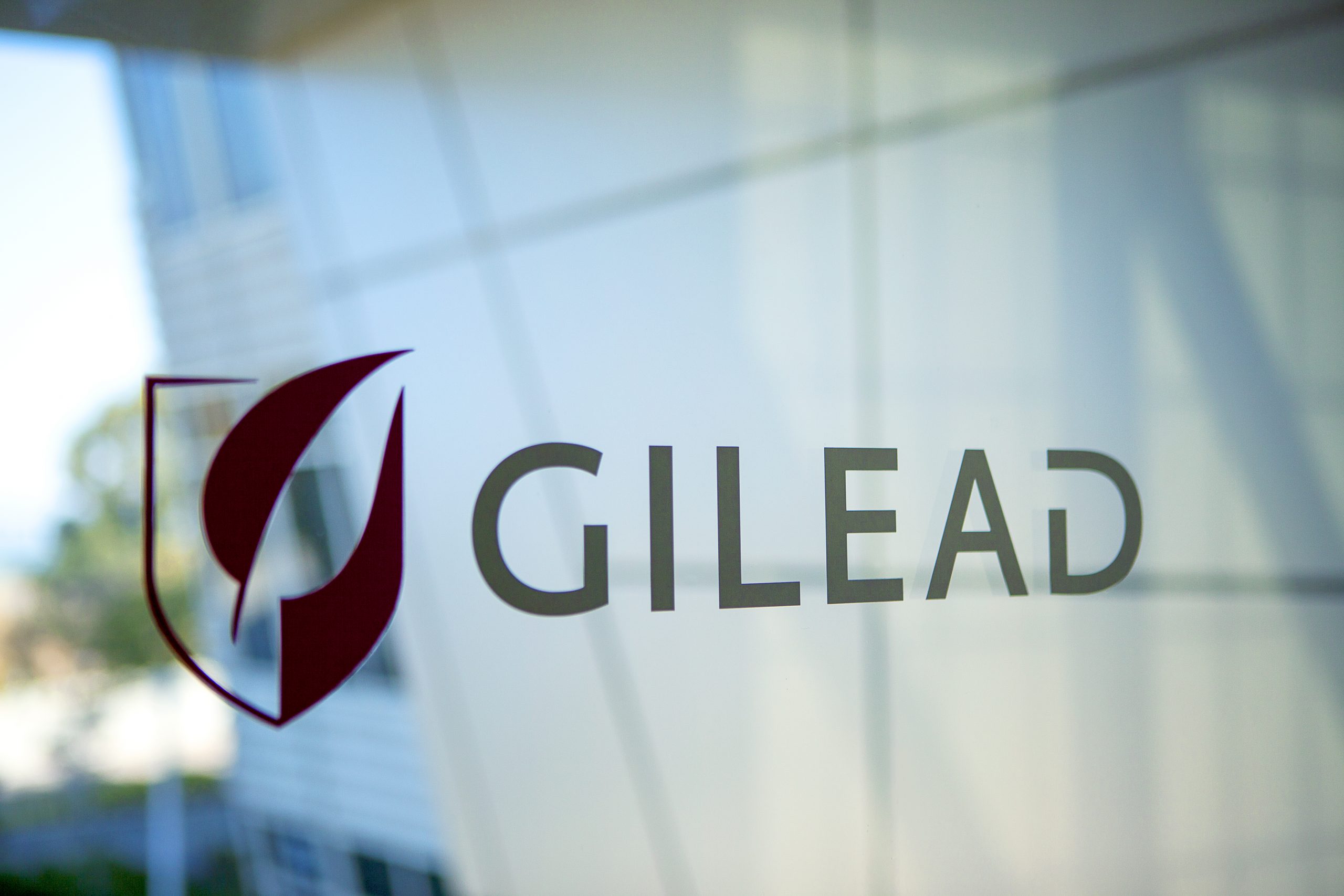NHS to reimburse Gilead's CAR-T in adults

The first CAR-T therapy aimed at adults with lymphoma is to be reimbursed in England after manufacturer Gilead struck a deal with NHS.
This is the first time adults will get access to a powerful chimeric antigen receptor T-cell (CAR-T) therapy in the country, where patients’ T-cells are harvested and modified to attack cancer, before being re-injected into the patient.
NHS England had initially refused to reimburse Yescarta (axicabtagene ciloleucel) on cost grounds but has had a change of heart after further talks with Gilead.
The deal announced at the end of last week offers new hope for adult patients whose large cell lymphoma has returned or has stopped responding to previous treatment.
Yescarta would have cost nearly £300,000 per patient at its full list price, but the company’s commercial agreement with NHS England has enabled NICE to approve its entry into NHS England’s Cancer Drugs Fund.
Up to 200 patients a year will receive the treatment after NHS England negotiated the confidential deal with Gilead.
Pharma often criticises the NHS for its unwillingness to adopt new medicines, but it appears to be ahead of the curve with CAR-T therapies compared with other European countries.
As reported by pharmaphorum, the NHS had been preparing for the approval of CAR-T drugs by running mock cost-effectiveness assessments and creating specialist treatment centres before they hit the market.
Aside from their high cost, there are other challenges with CAR-T therapies: side effects can be intense and even life-threatening.
Those receiving CAR-Ts need to be closely monitored for signs of neurotoxicity in the brain and ‘cytokine storms’, where the patients’ own system turns against them.
The first wave of NHS hospitals working towards providing these treatments are in Birmingham, Bristol, London, Manchester, and Newcastle.
Novartis’ rival CAR-T Kymriah (tisagenlecleucel) became available on the NHS a few days after it was approved in Europe.












